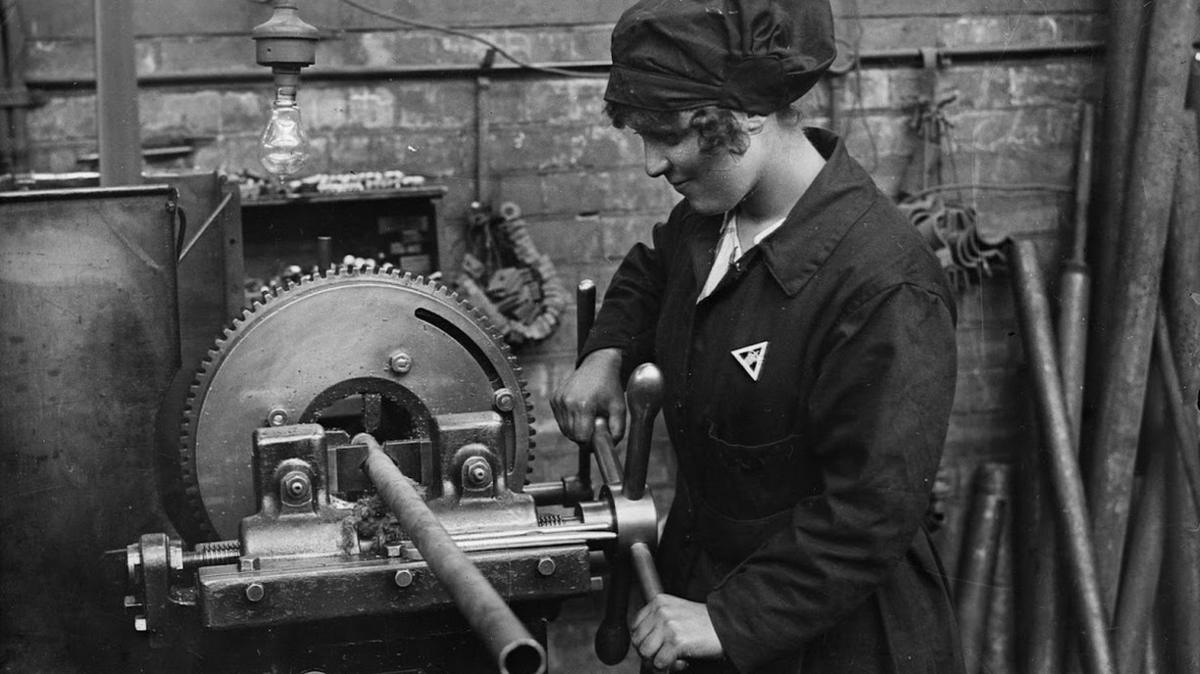Role of forgotten women shipyard workers explored
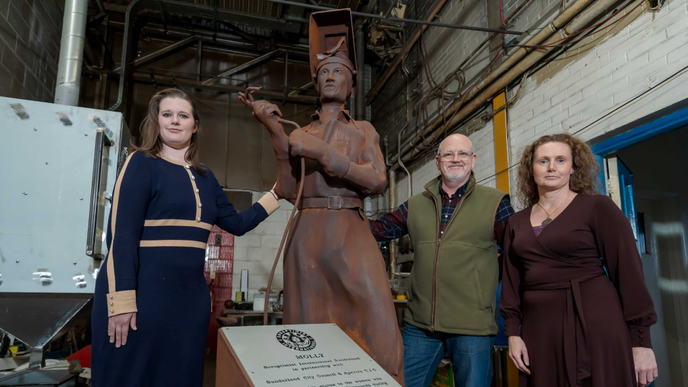
Molly represents the forgotten women who worked in shipyards during World War II
- Published
The unveiling of a sculpture honouring women shipbuilders is being marked by events exploring a city's industrial past.
Molly has been designed as a tribute to the forgotten women who worked in shipyards on Wearside during World War Two.
In celebration of the statue, the University of Sunderland is launching two events which will teach people about life in the shipyards and inspire creative writing about the subject.
Artist Ron Lawson said Molly represented "the spirit of Sunderland women, their strength and resourcefulness".
Dr Lawson, a senior lecturer in professional practice at the university, made the life-sized sculpture from corten steel.
It will be placed on the riverside walkway, near the university's St Peter's Campus.
Shipbuilding started on Wearside in the 1300s and by the 1970s more than 7,500 people worked in Sunderland yards, until the closure of the last site in 1988.
However, the part women played is not well-recognised, experts said.
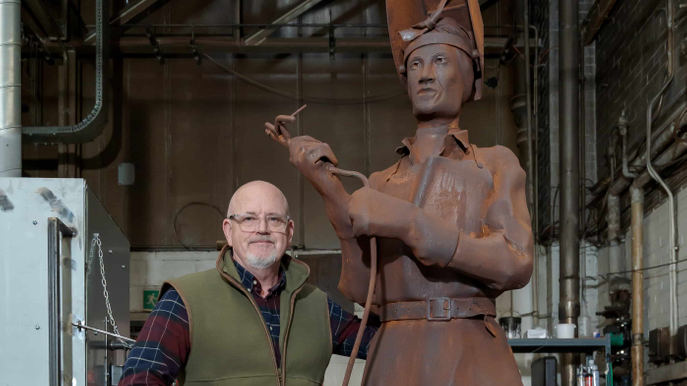
Artist Ron Lawson said his statue represents "the spirit of Sunderland women"
Making Molly will feature creative writing and storytelling workshops designed to explore her life in the shipyards during the war and what her life on the riverside was like
It is being hosted by Sunderland charity More Than Grandparents at Lambton House in West Sunniside on 9 November from 11:00 until 13:00 GMT.
Writing the Wartime Shipyards will take place at 15:00 until 17:00 GMT at Sunderland City Hall on the same day. It has been designed for budding historians and creative writers.
Dr Ashleigh Blackwood, lecturer in professional practice at the university, said: "Our participants will be designing their own stories and artworks in response to the new sculpture so that we can find out what’s most important to our local community in the future creative development of Sunderland and the wider North East."
The date of Molly's installation has yet to be confirmed.
Follow BBC Sunderland on X, external, Facebook, external, Nextdoor and Instagram, external. Send your story ideas to northeastandcumbria@bbc.co.uk.
Related topics
- Published29 July 2024
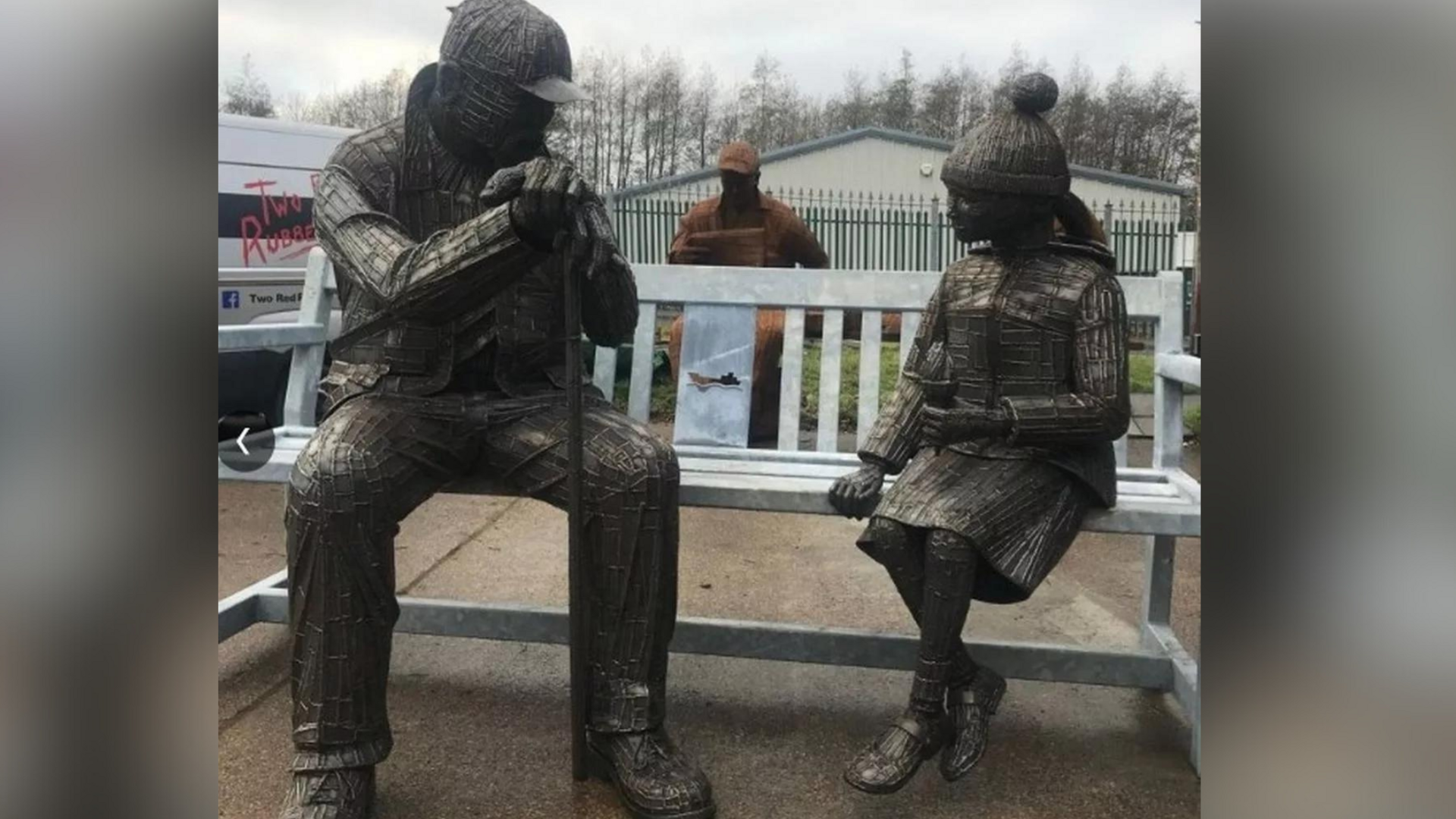
- Published9 January 2024
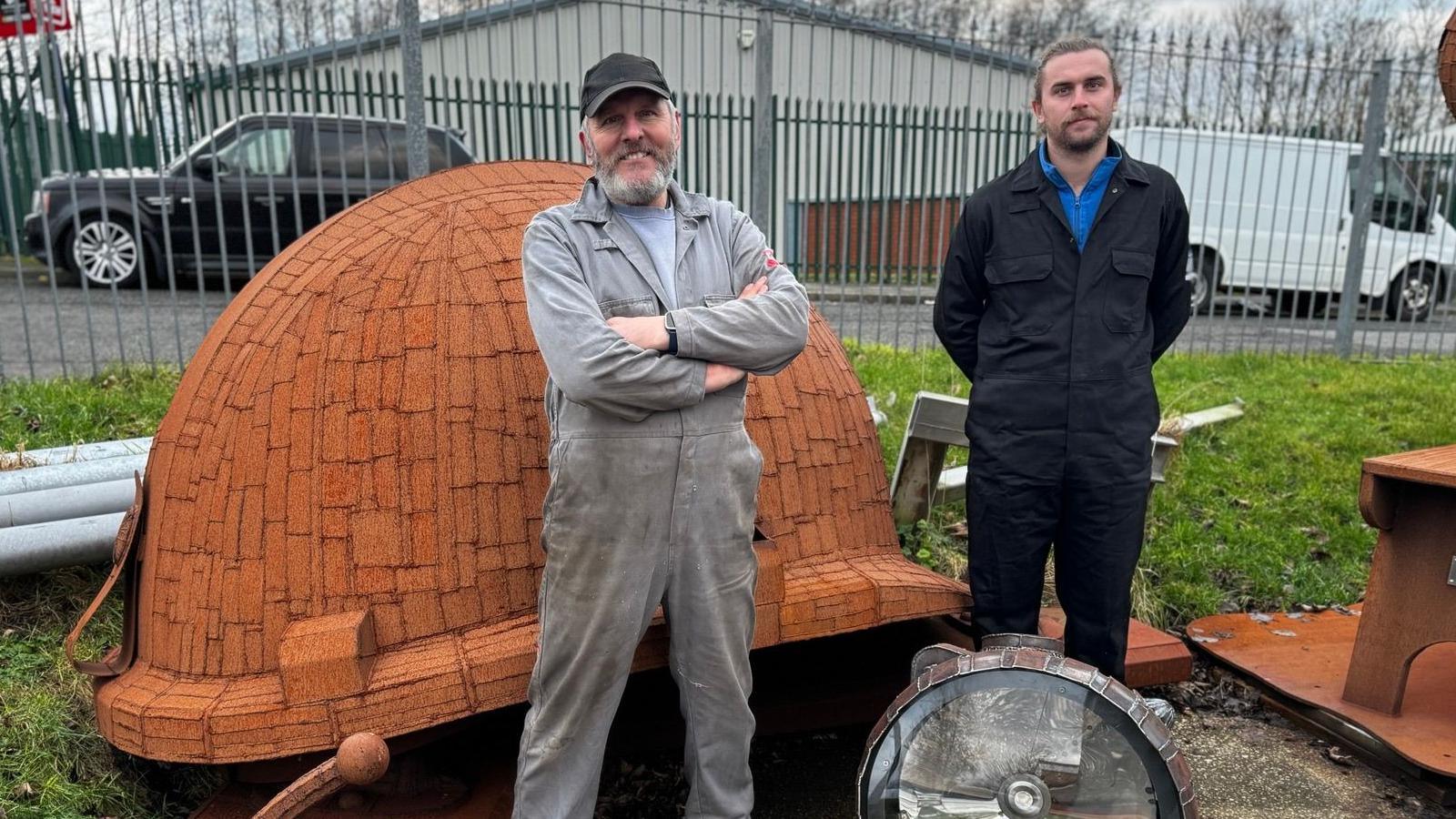
- Published24 October 2023
